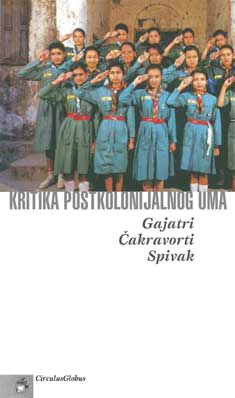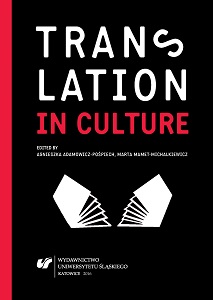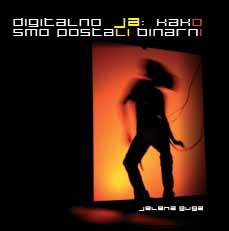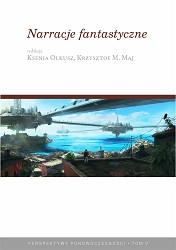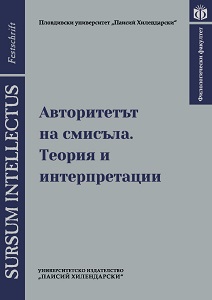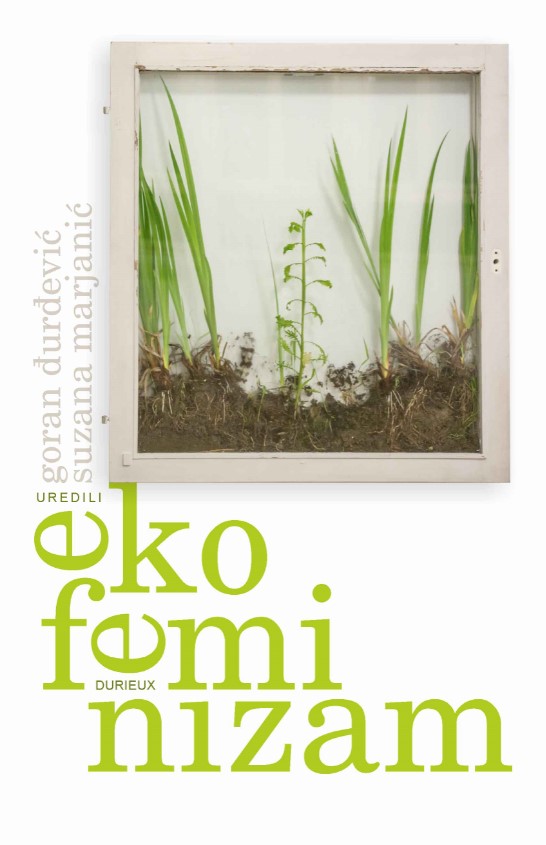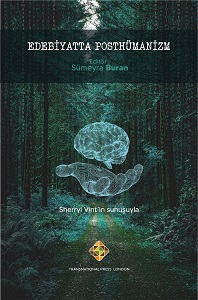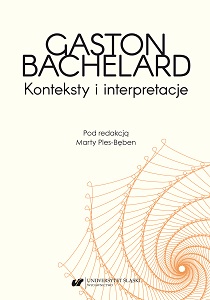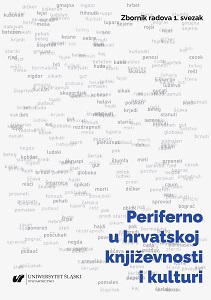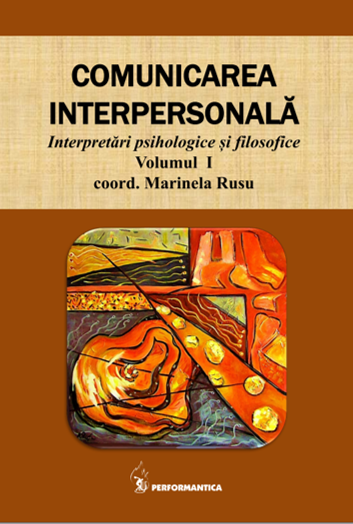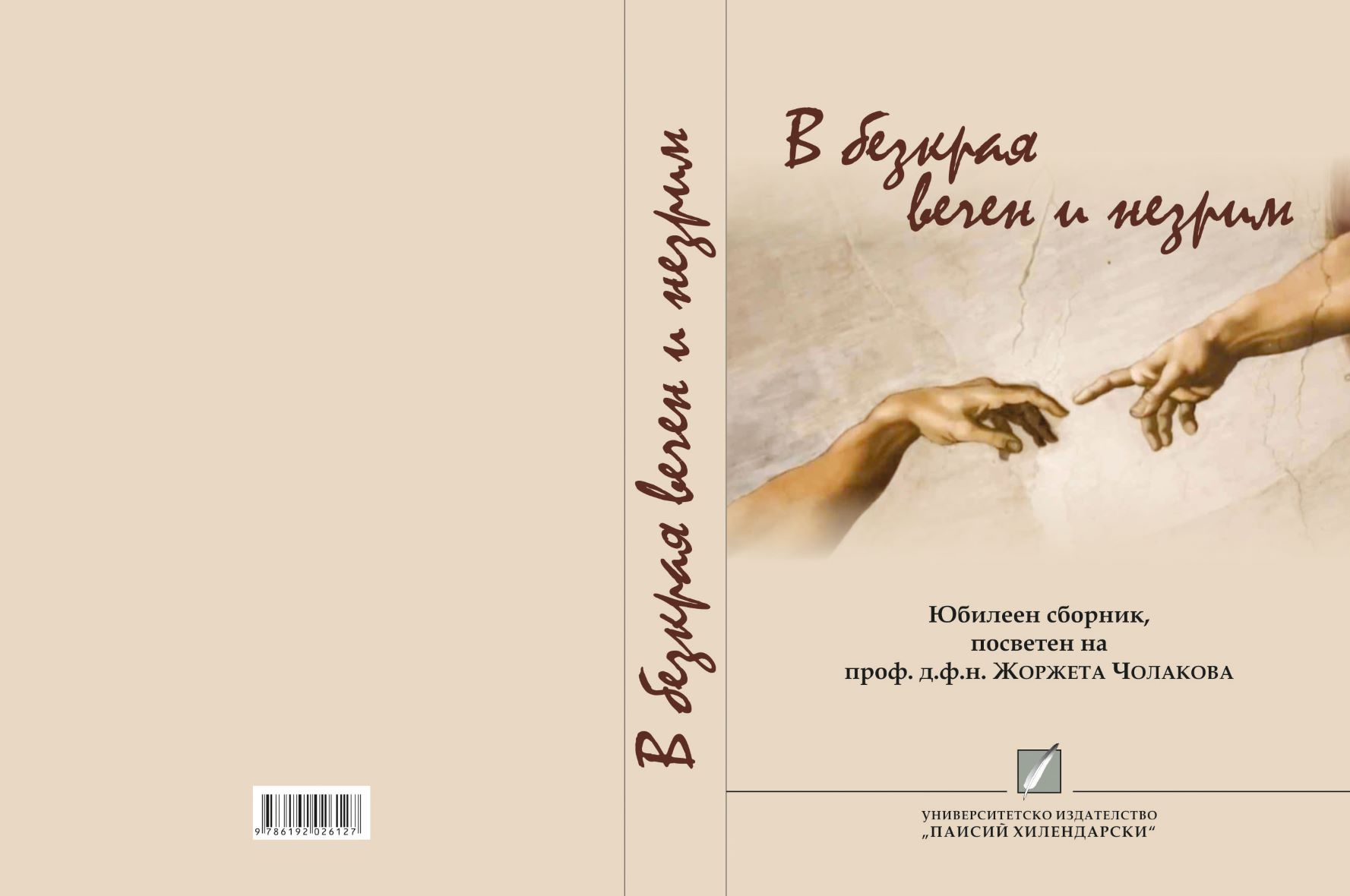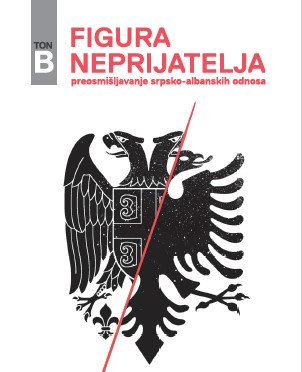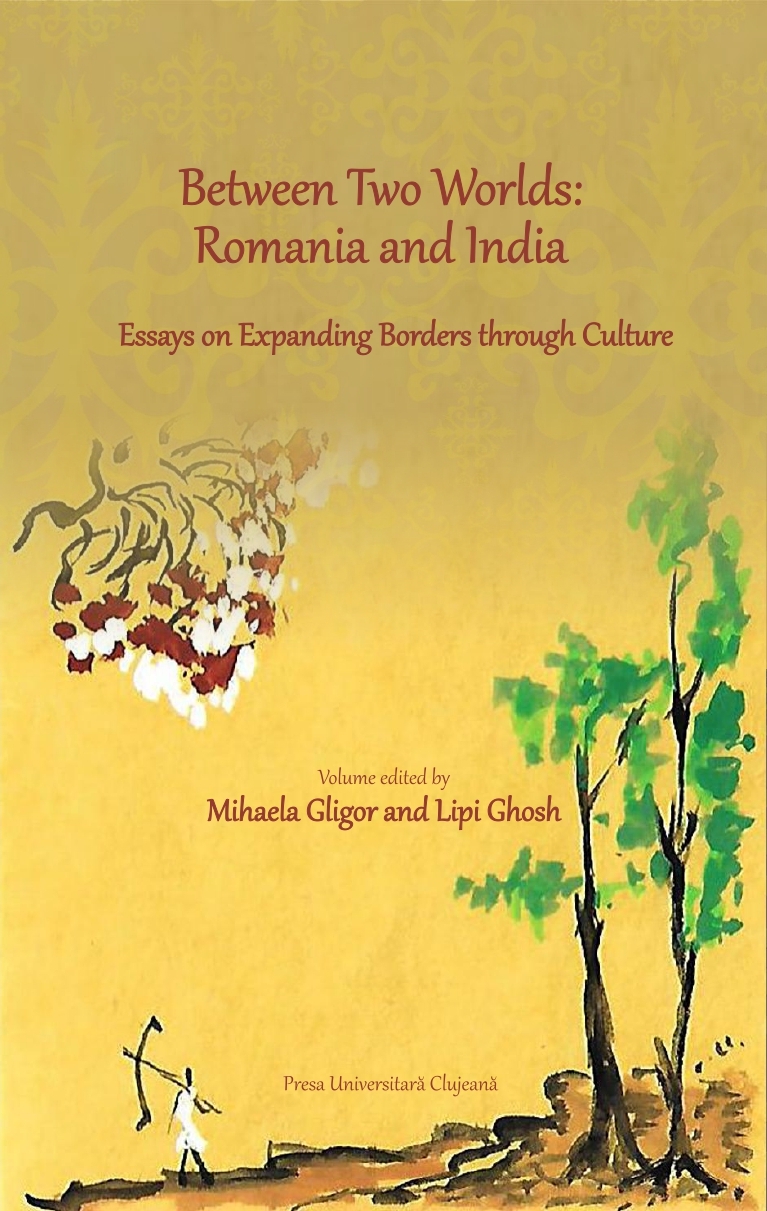Author(s): Dominika Budzanowska-Weglenda / Language(s): Polish
Publication Year: 0
Dominika Budzanowska-Weglenda’s chapter proposes an analysis of the Ikaromenippos or Voyage in Space, which is one of dialogues of Lucian of Samosata and probably the first literary description of the human trip to the Moon. The main character takes on this journey because of his aversion to philosophy. Lucian’s Ikaromenippos is a fantastic dialogue: a philosopher, probably the cynic, and satirist Menippus of Gadara, flies here “through the stars”. He takes two wings of large birds: the wing of the vulture and the wing of the eagle, and performs an incredible feat, worthy of Icarus: he reaches the Moon (from where he looks at the people and their actions on Earth), and then flies to Heaven—to the gods, “in upper Zeus’ rooms”. The story of Menippus’journey is like a swift current of the river, full of jocular tone, with a fantastic plot. But it clearly carries a deeper message: it expresses criticism of human attitudes and actions (adulteries, murders, conspiracies, perjury, betrayals among the closest to ones, war, courtship, piracy), meanness, false and mercenary piety, especially when stigmatizing bad behavior of philosophers, without sparing the representatives of any philosophical school. According to Lucian’s narrative, philosophers are lazy, quarrelsome, bloated, angry, grotesque, tumultuous, surly, unworthy people. The author reinforces the accusations of philosophers with the deity’s words, as the goddess of the Moon, Selene, having been encountered by the traveler, complains about them as well. She believes that philosophers are impostors, leading a shameful nightlife behind the scenes: they commit adultery, steal, and commit any other evil deeds. Ikaromenippos belongs to Lucian’s satirical works featuring reflective comedy. Correspondingly, Lucian postulates the liberation from the practical cognitive pressure of the logical rules and from the philosophical logic of cognition of the universe.
More...
